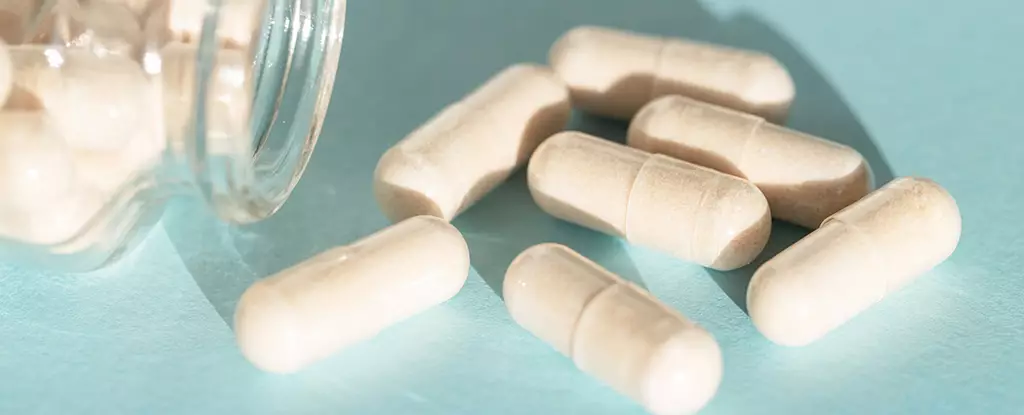A recent meeting held by a panel of US health experts, convened by the Food and Drug Administration, resulted in an overwhelming vote against the use of MDMA, commonly known as ecstasy, to treat post-traumatic stress disorder (PTSD). PTSD is a debilitating mental health condition that affects an estimated five percent of Americans each year. The panel based its decision on the limited data available and concluded that the potential benefits of MDMA did not outweigh the risks associated with its use.
California-based Lykos Therapeutics sought regulatory approval based on two clinical studies that showed MDMA, when used in conjunction with other psychological interventions like talk therapy, was both safe and highly effective in treating PTSD. However, the panel of experts expressed concerns about the efficacy and safety of the treatment, stating that the available data was insufficient to support its approval. Despite some experts acknowledging the promising results, they deemed it premature to approve MDMA for PTSD treatment.
The FDA staff raised several concerns about the studies conducted by Lykos Therapeutics. They criticized the lack of sufficient side effect data, particularly regarding potential impacts on heart and liver health. Moreover, there were allegations of research impropriety related to the trials, with claims that participants were selectively excluded from follow-up studies to skew the data in favor of the treatment. These allegations raised serious doubts about the integrity of the research conducted by the company.
Implications of FDA Approval
If the FDA were to authorize the use of MDMA for PTSD treatment despite the advisory panel’s objections, there could be strict stipulations attached to its use. For example, the drug may only be dispensed in healthcare settings, with subjects being closely monitored and enrolled in a registry to document any potential side effects. The decision on MDMA’s authorization is expected to be finalized by mid-August, pending the outcome of the ongoing probe into the research practices of Lykos Therapeutics.
The controversy surrounding the FDA panel’s decision on MDMA for PTSD treatment highlights the complexities of evaluating novel therapies for mental health conditions. While the potential benefits of MDMA in treating PTSD are promising, concerns about safety, efficacy, and research integrity must be thoroughly addressed before its widespread use can be considered. As the FDA continues to review the evidence and conduct further investigations, the ultimate decision on MDMA’s approval will have far-reaching implications for the treatment of PTSD and the broader landscape of mental healthcare.


Leave a Reply